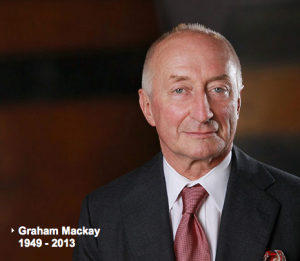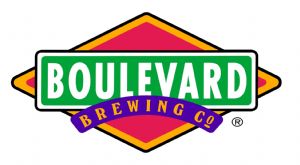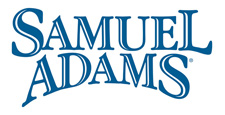
Native to South Africa, Mackay stepped down from his post as chief executive officer after undergoing surgery to remove a brain tumor in April.
Last year, Mackay spoke about the rise of craft and the need for the bigger beer companies to take the movement seriously. For MillerCoors, that attitude is what spawned Tenth and Blake, he told CNN in December of last year.
“The consumer has gone back to saying, ‘Let’s get a bit of interest, let’s have a bit of difference.’ So, there’s been the growth of craft beer,” he told CNN. “But it’s also local, anti-marketing, anti-global, anti-big, and more focused on experience and knowing the brewer who produces it.”
In 1997, Mackay was named managing director of SAB, notes Bloomberg. Two years later he was named the company’s CEO and lead the 2002 acquisition of Miller Brewing Co.
Mackay’s assertion that craft is anti-global and anti-big is worth examining through the scope of Boulevard Brewing as Kansas City, Mo. consumers continue to cope with the purchase of their homegrown brewery by Duvel Moortgat of Belgium.
The deal — which is expected to be finalized in the coming days — raises the question: how important is a sense of place to the craft beer industry?

Some consumers feel that emotional connection is stripped when local brands become globalized. As one Kansas City resident told NPR, “These people came from the outside, and took something that’s native to us, and it’s kind of a bummer.”
These feelings persist in the face of promises that nothing will change. Duvel brass have made a habit of reassuring consumers that nothing will change in Kansas City, telling NPR that it aims to “strike a delicate balance between marketing Boulevard beer to the world and keeping it real at home.”
But even if nothing changes at home, some residents will still feel as though a part of them has been taken away.
That was the case for beer drinkers in Chicago when, in 2011, Anheuser-Busch InBev acquired Goose Island. According to a Chicago Magazine story cited by AdAge, one Goose Island fan tweeted, “Chicago is just a little bit less Chicago today,” responding to the news.
Nonetheless, Goose Island has still been able to generate plenty of hype around its high-octane Bourbon County Stout brand. Next year, the brewery will launch its first national ad campaign with Chicago-based VSA Partners, according to AdAge.
The marketing push will include ads in print, out of home and digital video, according to the article. The tagline, it adds, is “To What’s Next.”
No stranger to advertizing or the increasingly important “sense of place” is Boston Beer Co., whose home is inherent in its moniker. The makers of Samuel Adams though, haven’t necessarily settled in the Hub. The country’s largest craft brewery has announced plans to invest in new aging and fermentation tanks at its brewery in Pennsylvania’s Lehigh Valley, according to Lehigh Valley Live.
As noted in the company’s third quarter earnings call, the project will increase production and create jobs, and will account for $100 to $120 million of Boston Beer’s capital spending for 2013.
No plans have been submitted to township officials as of yet, but an Upper Macungie Supervisor told Valley Live that plans could be submitted in the first quarter of 2014.

In addition to its flagship Boston Lager, Boston Beer recently released its 2013 batch of Utopias, a barrel-aged extreme beer that this year boasted a 28 percent ABV.
That alcohol content is more than double what is legal to produce in Ohio. That may change soon, however.
A state representative from Lorain, Ohio has reintroduced legislation that would allow brewers to brew and sell beer that “contains as much as 21 percent alcohol,” reports Cleveland.com.
The state’s current limit for brewers is set at 12 percent ABV.
State Rep. Dan Ramos, who first introduced the bill in 2011, said the amount of support for the bill has been growing as he has been talking to more and more people in and surrounding the craft beer industry.
“More and more people I talk to realize this is about leveling the playing field for these businesses so they can compete with what’s going on in other states,” he told The Plain Dealer.
Dan Malz, of Cleveland-based Portside Distillery told the Dealer, “Anything that removes limitations on my craft, I am open.”
The bill isn’t just to help brewers. Ramos explained that it, in part, is inspired by residents having to spend money out of state to get specialty beers.